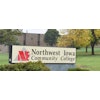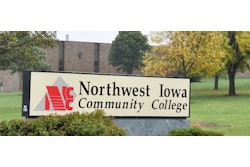As higher education institutions struggle to finish the semester amid a pandemic – and start to explore the possibility of an online fall – community colleges face their own set of financial and educational concerns about the future.
“Our learners are more vulnerable than we even imagined, [than] what the data has been telling us,” said Dr. Karen Stout, president and CEO of Achieving the Dream, a nonprofit network for community colleges focused on student success. “Faculty, with the classroom walls being shattered, have been fully exposed to understanding the student experience in brand new ways.”
Stout spoke at a virtual town hall hosted by her organization on Monday, which offered a glimpse into the questions community college leaders are asking themselves as they respond to the coronavirus. Achieving the Dream staff members swapped best practices on screen as leaders, faculty and staff from community colleges across the country posed queries via chat box.
Many questions centered around online student supports to engage and retain diverse students.
“We know based on a rich body of research that underserved students underperform relative to their peers online,” said Susan Adams, instructional designer at Achieving the Dream. “And this is likely even more true in hastily executed remote education.”
To combat the disparities, Dr. Laurie Fladd, Achieving the Dream’s director of holistic student supports, suggested colleges invest in online mental health professionals, tutors and career advisors – but also encouraged them to think more broadly. Colleges should offer “connecting points” between students and community resources during the crisis, she said, especially for those who are food and housing insecure. Fladd also advised that schools consider providing specialized services, like an online support group for student parents.
To be effective, those resources also need to be communicated to students in a way that they’ll absorb them, said Nick Mathern, the organization’s vice president for K-12 partnerships. He finds students don’t read lengthy, information-packed emails, because they get overwhelmed, but personalized text messages with links can be more effective.














